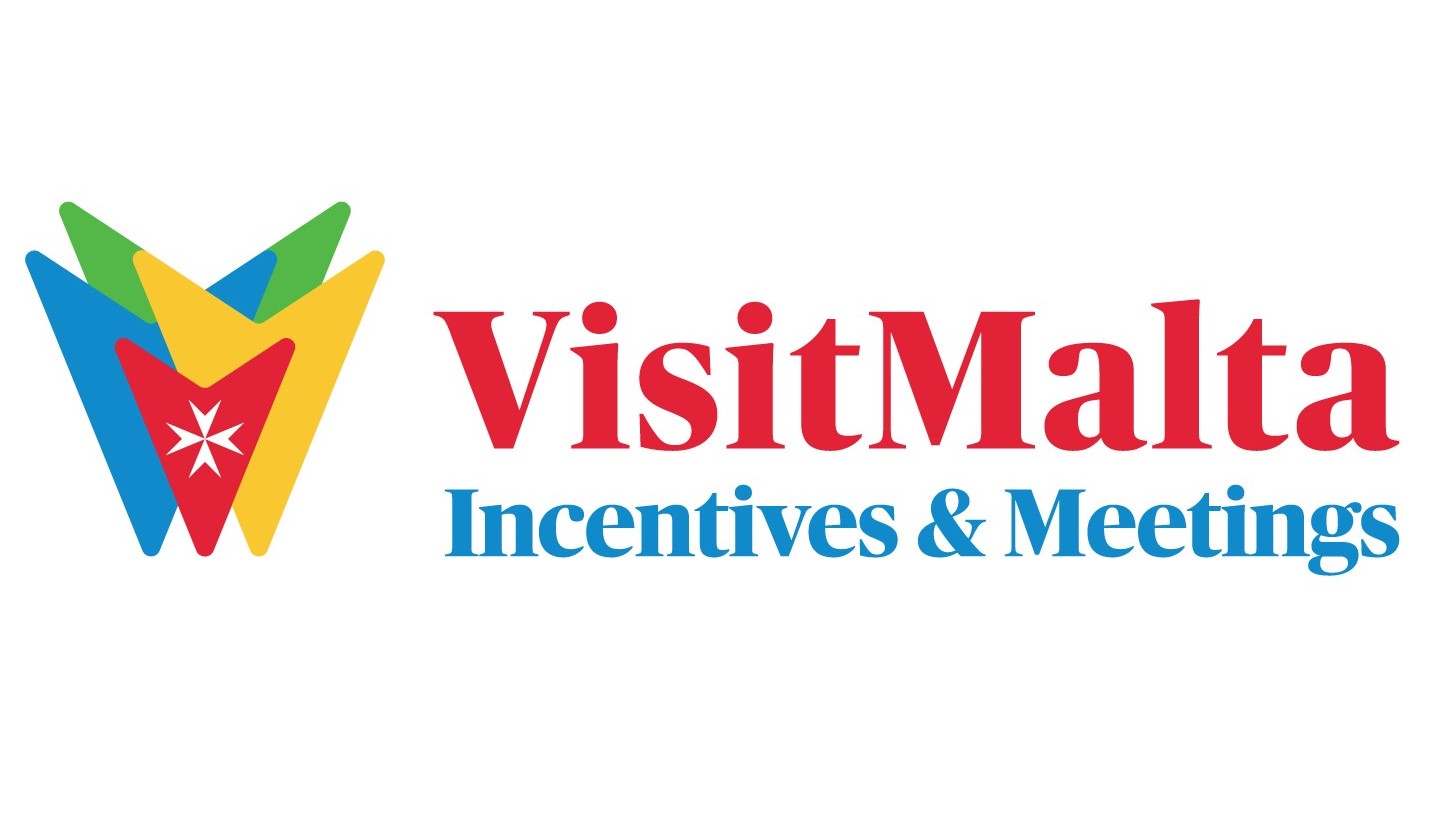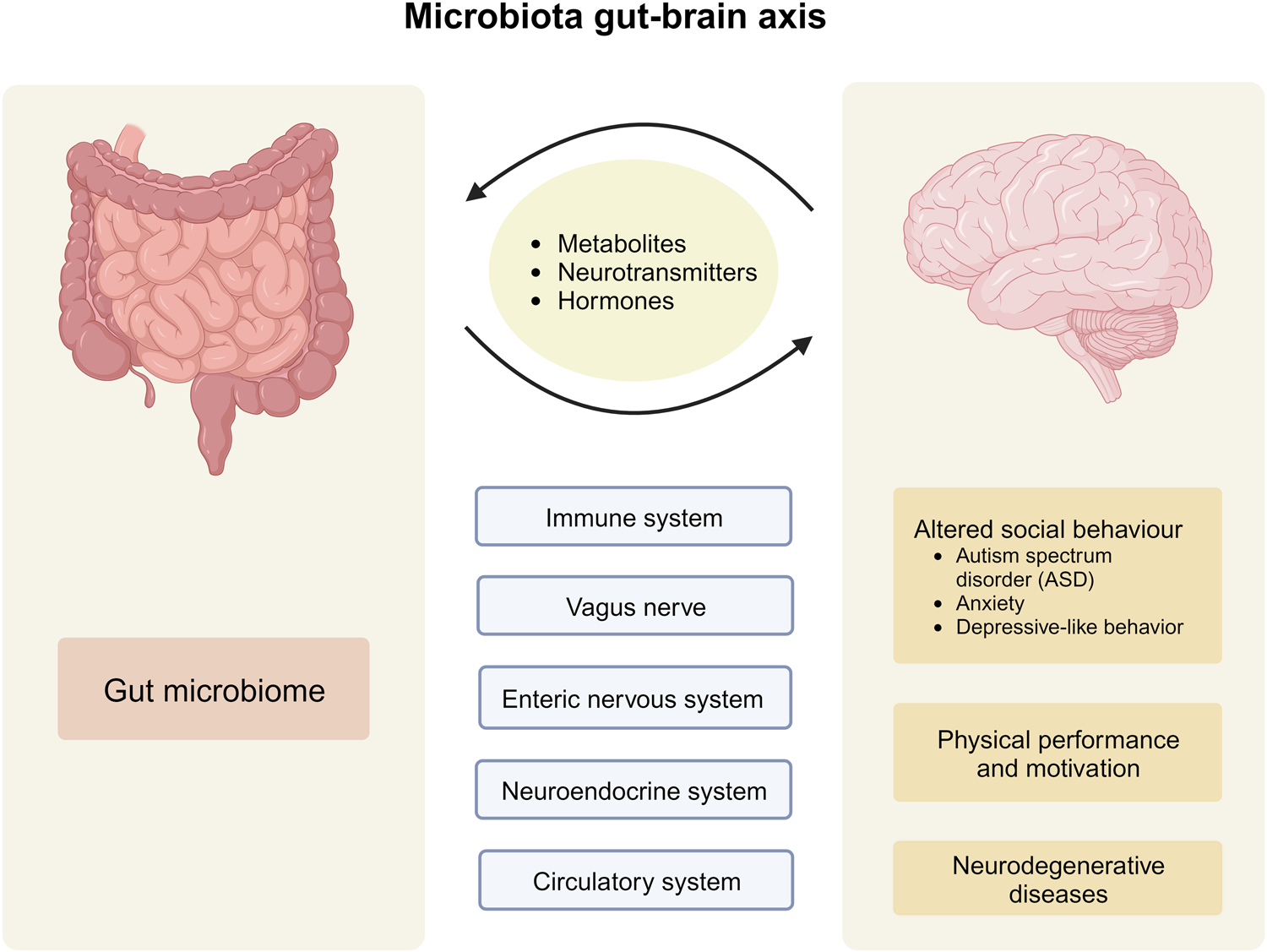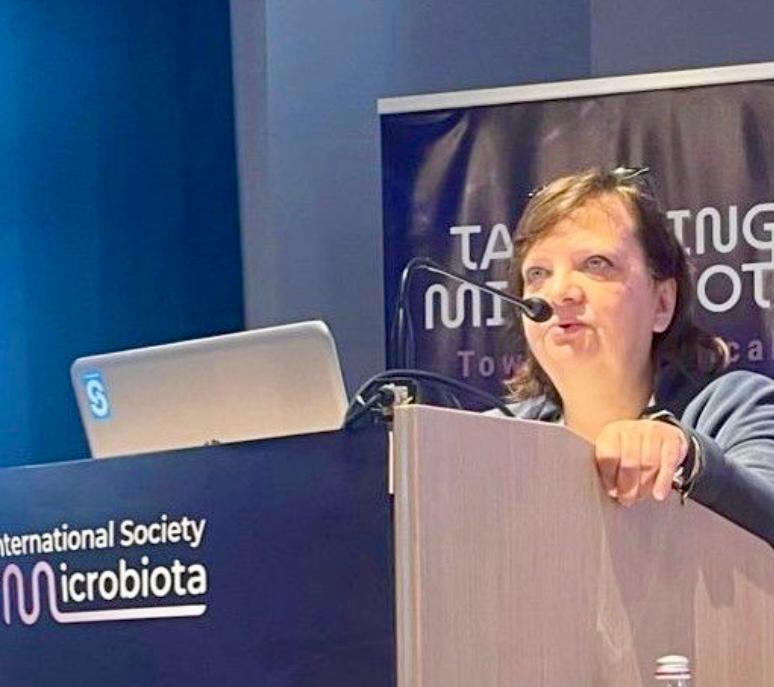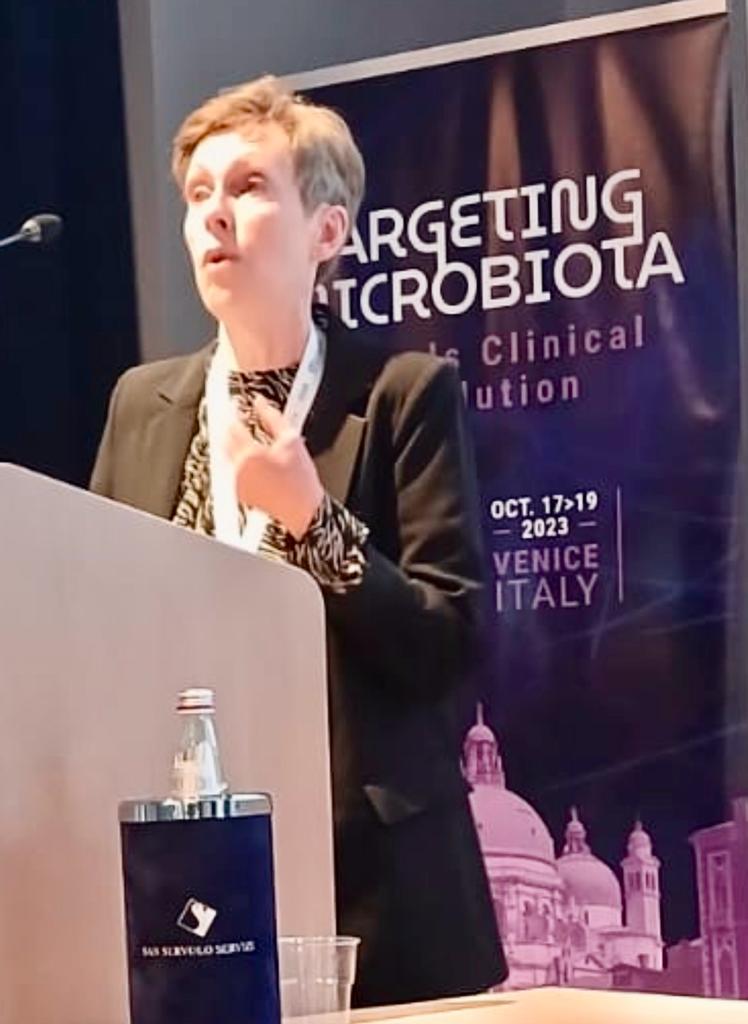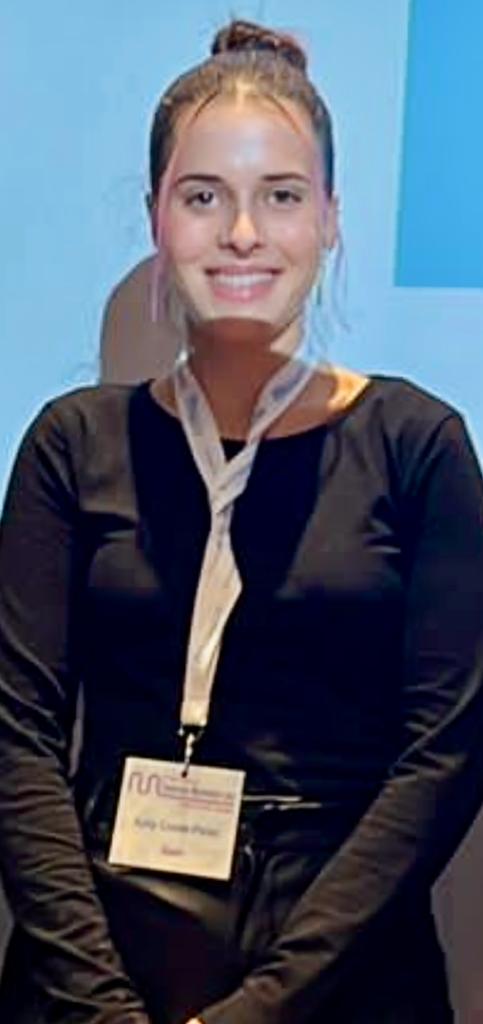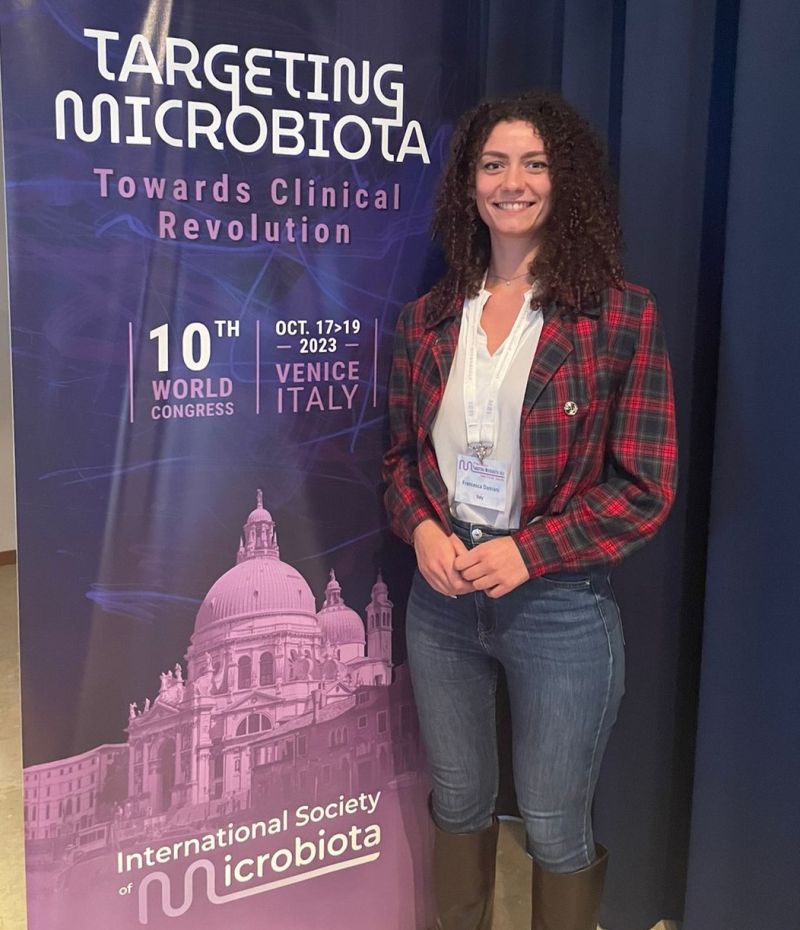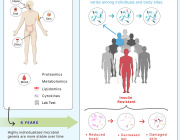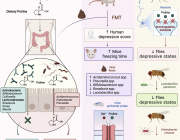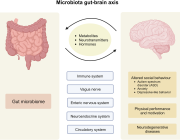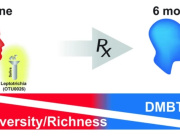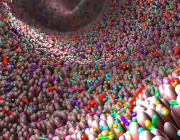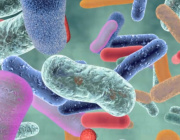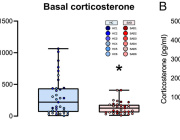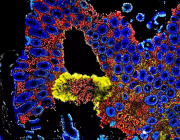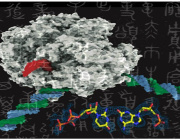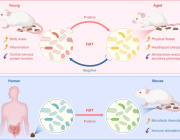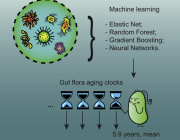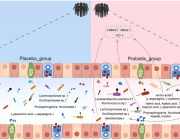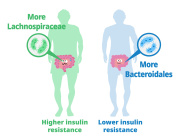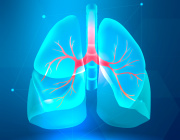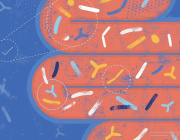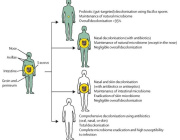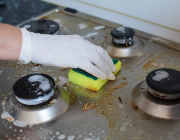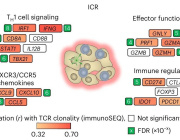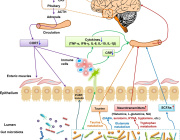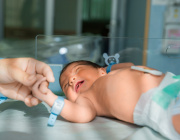General Information
Targeting Microbiota 2023 Replay & Abstracts Book are Available
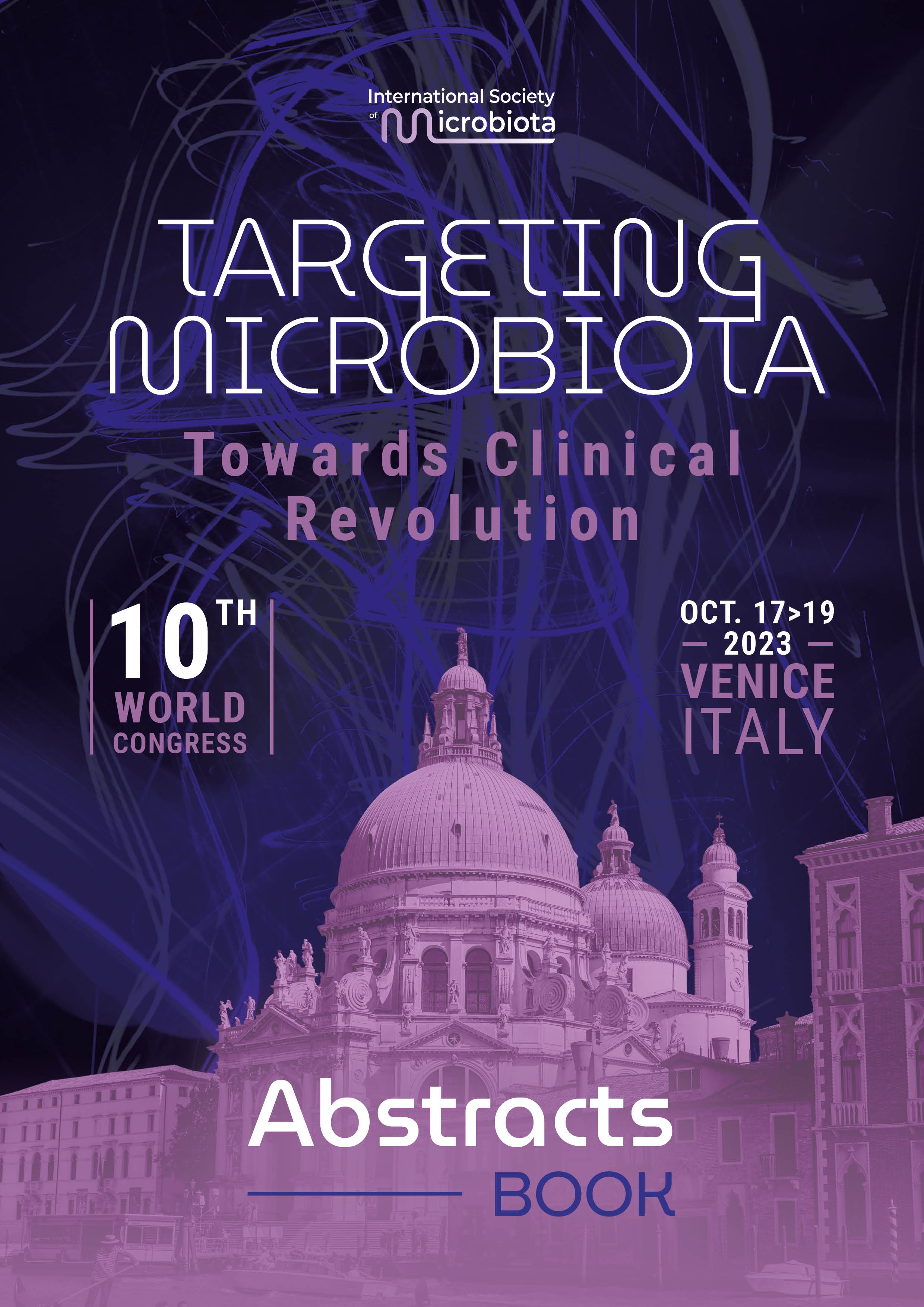
Targeting Microbiota 2023 - Replay Access
Targeting Microbiota 2023 Abstracts Book
The 10th edition of Targeting Microbiota digital abstracts book compiles 62+ abstracts: from major talks to Short Oral and Poster Presentations. It also includes speaker details and emails for direct connections.
Targeting Microbiota 2023 Congress - Replay + Abstracts Book
You can benefit from Targeting Microbiota 2023 Recording access + Abstract Book together for a clearer vision and a better Targeting Microbiota Conference experience.
Order both abstracts book and the replay.
Phage-Microbiome Consortium: Interplay and Modulation in Human Health and Disease
The ISM is pleased to announce the launch of The Phage-Microbiome Consortium.
Aim of the Consortium
The aim of this project is to set up a consortium of experts in the field of bacteriophages and the human microbiome, to collectively explore the potential of phages in shaping and modulating the microbiome in the context of human health and disease. The consortium will work in teams to push the boundaries of current knowledge, through collaborative research and knowledge exchange.
Objectives
1. Understand the Phage-Microbiota Interaction:
The consortium will carry out integrated studies to enhance the understanding of phage-bacteria dynamics and the role of phages in maintaining microbial diversity and stability.
2. Explore the Potential of Phage Therapy:
Teams will investigate the potential of phages as alternative therapeutic agents for various diseases, focusing particularly on conditions associated with microbiome dysbiosis and antibiotic resistance.
3. Identify Phage Biomarkers:
The consortium will work to identify specific changes in phage populations associated with different health conditions, thus facilitating disease prediction, diagnosis, and treatment.
4. Promote Phage Engineering:
With advancements in genetic engineering, the consortium will explore possibilities to create engineered phages with enhanced efficiency, broader spectrums, and other desirable properties.
5. Establish Regulatory and Safety Guidelines:
Recognizing the lack of robust regulatory guidelines for phage therapy, the consortium will also work towards proposing safe and effective guidelines.
What is expected?
The expected outcome of this project is to offer new insights into the complex interplay between phages and the human microbiome and to pave the way for innovative, effective, and personalized phage therapies. By bridging the expertise gap, we aim to leverage the immense potential of phages in treating diseases and promoting human health.
Project Modalities and Application Procedure
To contribute to this Consortium, the ISM requests interested researchers and teams to submit a proposal. Below are the guidelines to respect:
1. Team Formation:
Interested teams should consist of a diverse range of experts with substantial knowledge and experience in bacteriophages, microbiota, or related fields. Each team should ideally have at least one expert in bacteriophages and one in microbiota.
2. Proposal Submission:
Teams should submit a detailed project proposal that outlines their planned research, including objectives, methodologies, expected outcomes, and the timeline for the project. Proposals should demonstrate a clear understanding of the interplay between phages and the microbiome and should propose innovative approaches to explore and modulate this relationship in the context of human health and disease. They should also clearly state how the work contributes to the broader objectives of the consortium.
3. Review Process:
Proposals will be reviewed by a panel of experts in the field. Successful proposals will be selected based on their scientific merit, feasibility, and potential impact on our understanding of the phage-microbiome interplay.
Funding
The consortium will actively seek funding from both private and public institutions to support the selected projects. The collected funding will be distributed to all teams involved in the Consortium.
How to Submit?
Please submit your projects and details above:
- At the following email address: microbiota(at)microbiota-site.com.
- Deadline for the submission: October 1, 2024.
Applications will be reviewed by the Consortium Selection Committee, and successful applicants will be contacted to proceed to the next stage of the process. Please note that acceptance into the consortium is competitive, and only a select number of applicants will be chosen to join.
Role of the International Society of Microbiota
The International Society of Microbiota will act as the principal coordinator and manager of this consortium. The Society will facilitate the integration of teams and will foster the exchange of knowledge and expertise amongst the participants.
In its role as coordinator, the Society will ensure that all projects align with the consortium's overarching goals. It will provide guidance and direction to ensure that research efforts are complementary and additive. The Society will also help in harmonizing data collection and sharing across teams to promote a more comprehensive understanding of the phage-microbiome relationship.
The ISM, will supervise the allocation and utilization of consortium-provided funds, ensuring they are used effectively and efficiently. It will liaise with private and public funding institutions, advocating for the consortium's work and securing additional resources.
Through this central role, the International Society of Microbiota aims to unite global expertise and drive forward the understanding of the pivotal role of phages in modulating the microbiome and influencing human health and disease.
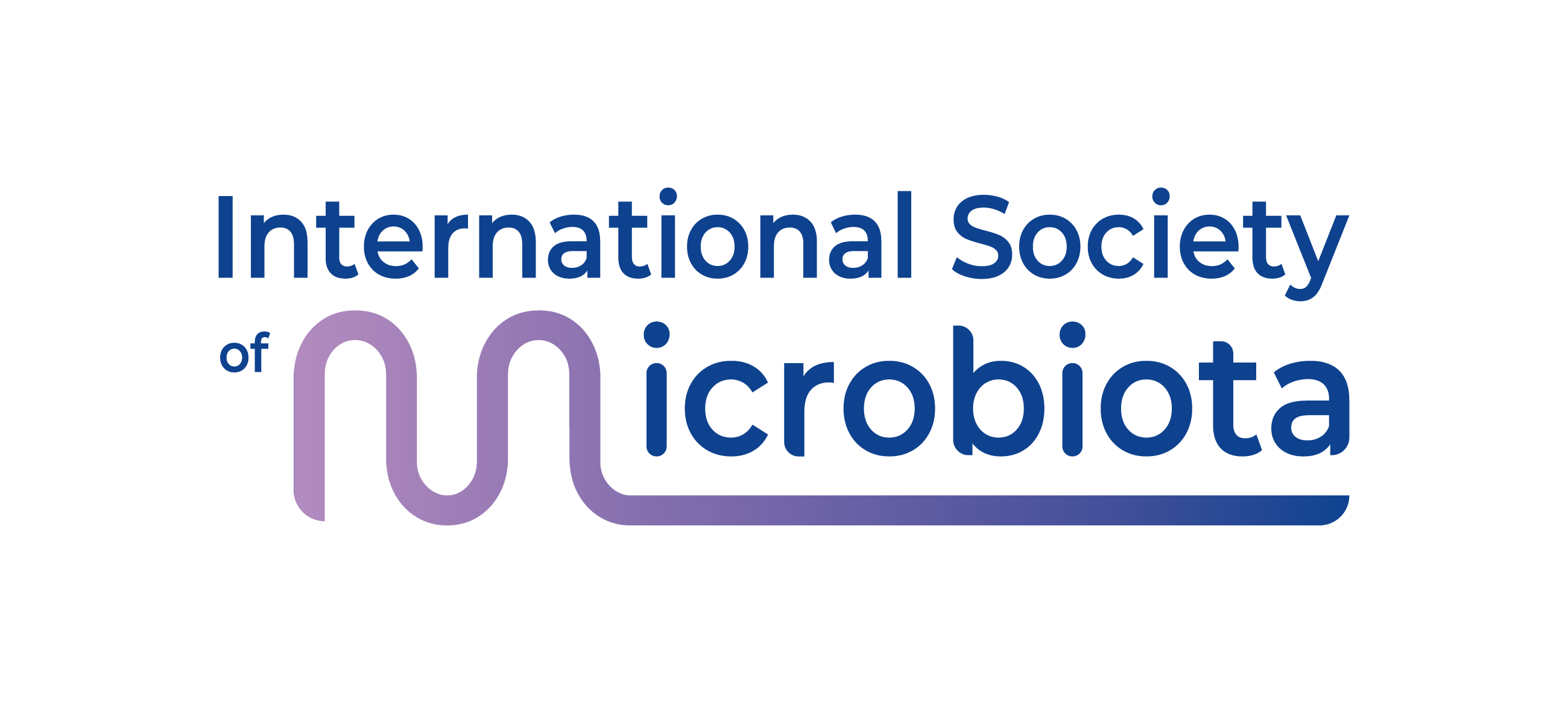 International Society of Microbiota
International Society of Microbiota
Targeting Microbiota 2023 Congress
October 17-19, 2023 - Venice
Abstract & Project Submissions
The International Society of Microbiota (ISM) invites researchers, healthcare professionals, industry experts, and startups to submit abstracts and project proposals that align with the conference’s themes and objectives. This is an excellent opportunity to share your cutting-edge research, innovative projects, and impactful ideas with a global audience.
Targeting Microbiota 2023 is excited to host an Innovation Showcase, providing a dedicated platform for startups, industry leaders, and innovators to demonstrate their groundbreaking technologies, products, and services in the field of microbiota research.
2 submission types are available:
1. Regular Abstract Submission
Researchers and professionals are encouraged to submit abstracts highlighting their work in the field of microbiota. Abstracts should provide a concise summary of the research objectives, methods, key findings, and their implications in future research. Accepted abstracts will be presented as posters or oral presentations during the conference sessions, allowing participants to showcase their work and engage in fruitful discussions.
Targeting Microbiota 2023 is also excited to host an Innovation Showcase, providing a dedicated platform for startups, industry leaders, and innovators to demonstrate their groundbreaking technologies, products, and services in the field of microbiota research. Participants in the Innovation Showcase will have the chance to showcase their products through interactive displays, demonstrations, and presentations.
Deadline for Oral Presentations Submission: September 30, 2023.
Deadline for Innovation Submission: September 30, 2023.
Deadline for Posters Presentations Submission: October 7, 2023.
Submission Guidelines & Modalities.
2. Project Proposals
In addition to abstract submissions, the conference welcomes project proposals that offer new insights into the complex interplay between phages and the human microbiome and to pave the way for innovative, effective, and personalized phage therapies. Proposals should outline the project’s objectives, methodologies, expected outcomes, and potential impact in the field. Accepted project proposals may have the opportunity to be featured in dedicated sessions or workshops during the conference, providing a platform to discuss and collaborate with other participants.
Learn more about the Phage-Microbiome Consortium.
Deadline for Project Proposal Submission: September 1, 2023.
About the ISM Phage-Microbiome Consortium
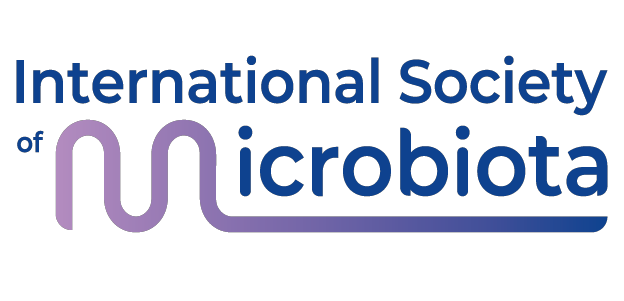
The newly launched Phage-Microbiome Consortium of the ISM aims to offer new insights into the complex interplay between phages and the human microbiome and to pave the way for innovative, effective, and personalized phage therapies. The ISM invites all interested parties to submit proposals & join the consortium.
Who Attended Targeting Microbiota 2023?
|
Industries
BellaVie
BIOCODEX
Bioscientifica
Copan Italia SpA
Dr. Schär
Gnosis by LeSaffre
ImmunoBiome
L'Oréal R&I
MedibiotiX GmbH
SYNLAB MVZ Leinfelden-Echterdingen
Unifarco Spa
Uwe Zeeb Gebäudedienste & Umwelttechnik
Vet-Med-Labor Zrt.
Percheron Bioceutical
Academies
Academy of Silesia, Gyncentrum sp. z o.o.
Acibadem Maslak Hospital, Dept Obstetrics & Gynecology Aristotle University of Thessaloniki Baylor College of Medicine BiomedicalCenter Speyer BMR GENOMICS SRL Clinical Microbiomics Department of Experimental Biology, Faculty of Science, Masaryk University DPC Hospital East Lancashire Hospitals NHS Trust Evomed Luxembourg FISABIO Florida International University Furtwangen University of Applied Sciences Herbalife Nutrition INIBIC INRAe Institute of Molecular Genetics and Genetic Engineering, University of Belgrade Instituto Nacional de Saúde Dr Ricardo Jorge Institutul Clinic Fundeni Kaiserlautern University of Applied Sciences Karolinska Institutet Korea Food Research Institute Korea Research Institute of Bioscience & Biotechnology KU Leuven LAMPOVET SRL LUHS Hospital Kaunas Clinics Masaryk University, Faculty of Science Masarykova univerzita Massachusetts General Hospital |
Mayo Clinic
Medical Treatment Center of Microbial Medicine
Medical University of Warsaw MHB Microbiology Laboratory, Medical School of A.U.Th. National University of Singapore Nofima PI "National Laboratory Astana"
Practice for Internal Medicine Queen's University Belfast - SBS Samsung Advanced Institute for Health Sciences and Technology sc centrul medical unirea srl Scuola Normale Superiore SEMMELWEIS UNIVERSITY Shree Ramkrishna Intitute of computer education and Applied Science St. Anne's University Hospital in Brno Sungkyunkwan University TargEDys Teaching Hospital of the University of Jena The Chinese University of Hong Kong The Institute of Microbiome and Applied Science The Seventh Affiliated Hospital of Southern Medical University The University of Chicago UGent United Arab Emirates University Universidade de Santiago de Compostela Università Ca' Foscari Venezia Universitat Rovira i Virgili University College London University of Arkansas University of Bologna University of Copenhagen University of Florida University of Genoa University of Gothenburg University of Lausanne University of Leipzig University of Medicine and Pharmacy "Grigore T. Popa" University of Padova University of Pennsylvania University of Texas Southwestern Medical Center University of Zagreb School of Medicine, Center for Translational and Clinical Research USDA-ARS Poultry Production and Product Safety Research Unit Weill Cornell Medicine in Qatar |






